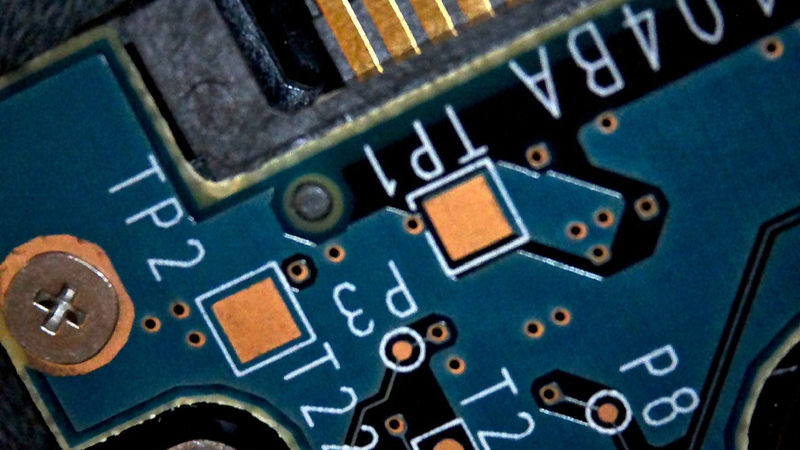In a bold pivot, the Trump administration has signaled its intent to scrap the Biden-era regulation that categorized countries into export tiers for advanced AI chips, reshaping the landscape of semiconductor trade.
The original rule, set to take effect on May 15, was designed to keep high-performance semiconductors within the United States and select allies. By carving the world into tiers, it aimed to choke off sophisticated AI hardware from reaching certain markets, particularly those in the Chinese mainland. Critics argued the tiered framework was too rigid and, in some cases, unenforceable.
Now, according to a Department of Commerce spokeswoman, officials said they didn't like the tiered system and are exploring a global licensing regime anchored by government-to-government agreements. Though no official timeline is set, insiders say the debate centers on replacing complex tiers with a streamlined licensing process that could potentially open up broader chip access.
The news drove waves on Wall Street: shares of Nvidia, a leading AI chip designer, climbed roughly 3% at Wednesday's close before settling with a 0.7% dip in after-hours trading. For startups and tech hubs around the globe—from Bengaluru to Berlin—greater chip availability could ignite new rounds of innovation.
What's next? Entrepreneurs, digital nomads, and tech leaders will be watching for the Commerce Department's formal proposal and the ripple effects across semiconductor supply chains. If the licensing model takes hold, the change could lower barriers to AI research, reshape market dynamics, and redefine global tech collaboration.
Reference(s):
Trump administration to replace Biden-era global AI chip export curbs
cgtn.com



